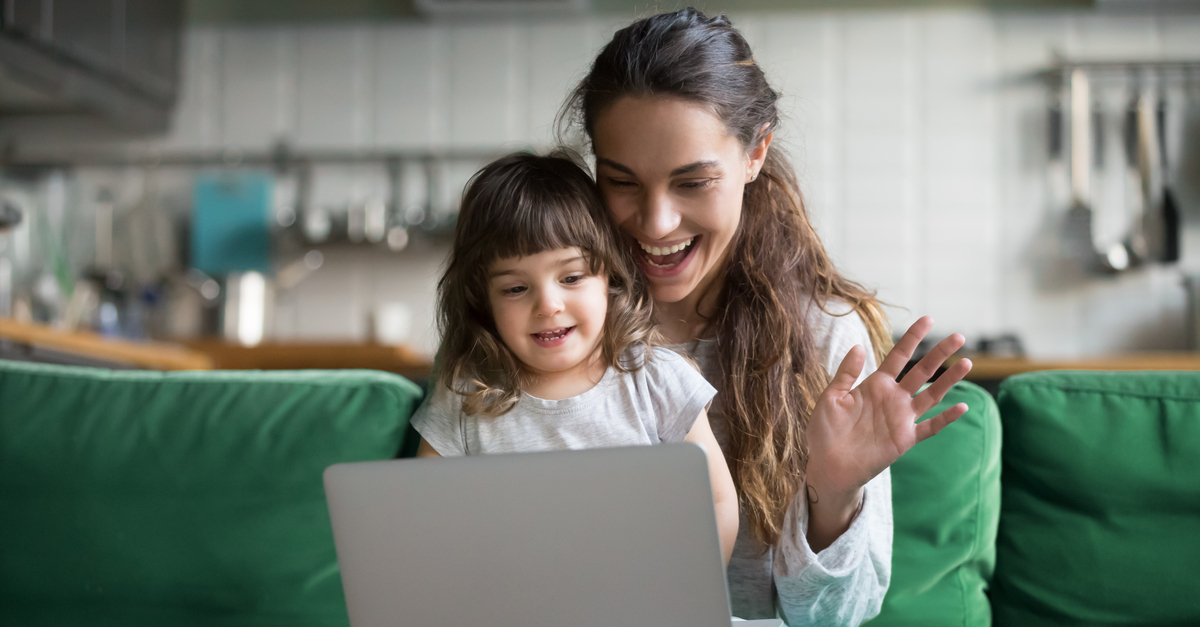Healthy Lifestyle Tips and Resources During Social Distancing
By Dr Maria Cecilia Mosquera
Clinical Associate Professor of Lifestyle Medicine
University Primary Care Centre, UNIC Medical School
Dear UNIC Family,
Social connection is a meaningful part of a healthful lifestyle. “Healthy connections with family, friends, partners and co-workers” can “lower levels of anxiety and depression” and “raise self-esteem” (Australian Government, DOH) and are important for your mental wellbeing (NHS). Self-isolation in this era of “social distancing” can be emotionally challenging. It can be hard to forego in-person activities with friends and family, but ‘social distancing’ is important to help decrease the burden of coronavirus to our health care system and community. So, we thank you for staying home.
Nevertheless, there are many ways that modern technology can help you continue important social interactions with the people in your life and beyond. Try to schedule regular times to connect remotely with others in your day by using the telephone, social media, video chatting, or virtual platforms. And, remember to help your children do the same, while still practicing cyber safety.
#5. Social Connections
- Connect Online – Many people are using virtual platforms such as Zoom, Skype, Microsoft Teams, and Facebook Messenger to ‘meet’ with virtually. You can do many things ‘together’ with your friends, family, and social groups in ‘cyberspace,’ such as: exercise, share music, play or sing music together, play board games, have coffee/tea time, start a book or film club, or even have lunch or dinner ‘together,’ all in ‘cyberspace’ while still practicing social distancing.
- Recess and Playtime – Your children are likely craving social interaction, just as you are. And, social interactions during recess and playtime are an important part of social development. So, schedule virtual ‘playdates’ for your children with friends and family and let them ‘free play’ with them in cyberspace. Just remember to make a plan about how much time your children can play online and where their devices will charge at night (preferably outside their rooms). And, “make sure technology use does not take the place of sleep, physical activity, reading, reflective downtime, or family connection” (AAP 17 March 2020).
- Help Others – Helping “others in their time of need can benefit the person receiving support as well as the helper” (WHO, 12 March 2020). The telephone, internet, and social media can help you reach out to your family, friends, neighbors, and community. You can offer to:
- Assist your elderly or vulnerable community members. Call them, as they may be feeling lonely. Help them obtain supplies, while still practicing social distancing, perhaps by assisting them to order food or groceries to be delivered. Join virtual groups or assist with donations those helping the vulnerable in your community.
- Entertain a friend’s child, your niece/nephew, or your grandchild virtually, by reading them a story, having a sing-a-long, hosting a dance party, or playing music for them.
- Use your talents to help others. Sing, draw, paint, or play music for others and share it virtually. Teach others art or how to use technology.
- Activities – We all are having to forego many of the in-person social activities we enjoy, such as visiting museums or attending dance classes, music activities, or art performances. However, many locales are now hosting “live” broadcast virtual events that you can join for free. For kids and the young at heart, many libraries, organisations, and artists are holding “live” virtual story times, science activities, sing-a-longs, visual arts activities, dance classes, and puppetry times. Schedule time in your day for you and your children to ‘go’ to these “live” virtual sessions. See some examples here:
- Dance: Ailey Extension
- Performing Arts: Lincoln Center at Home
- Puppetry: Center for Puppetry Arts
- Science: Reef Relief
- Story Times: Cyprus’ Μουσείο Παραμυθιού – Fairytale Museum, Brooklyn Library
So, take time to connect with people to stay well, while still practicing social distancing. And don’t forget to reach out to family, friends, colleagues, or your health care professional if you need help.

